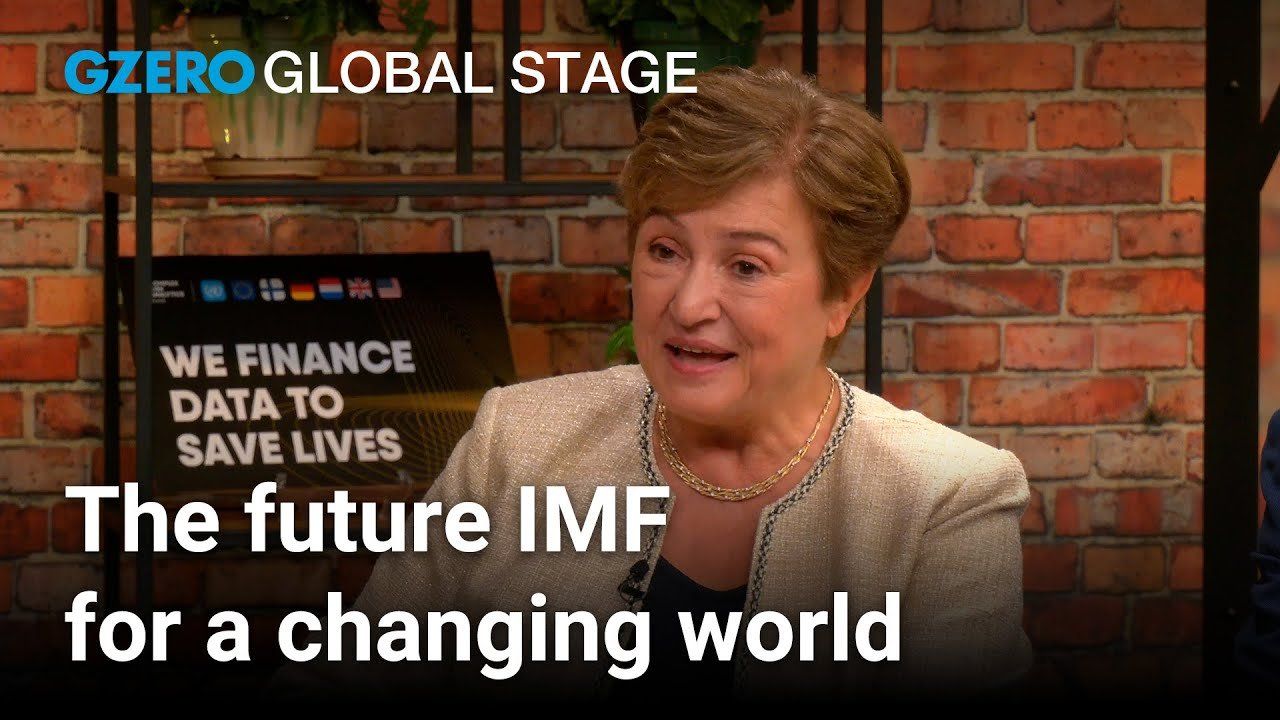UN General Assembly
IMF's Kristalina Georgieva: We help countries build resilience to handle shocks

- YouTube

In a GZERO Global Stage discussion at the 79th UN General Assembly, IMF Managing Director Kristalina Georgieva expressed pride in the institution’s proactive response during a period marked by global crises. Georgieva emphasized that the IMF’s role extends beyond financial aid by helping countries build strong policies and institutions, ensuring resilience in the face of shocks.
“We are growing this year 3.2%, next year 3.2%. And it is because of this foundation that has been built over the decades of strong policies and good institutions. Where you have it, shocks do not crush you.”
However, Georgieva emphasizes that as the world evolves, so too must the IMF. She highlights how the IMF recently added a third chair for Sub-Saharan Africa to enhance representation and legitimacy in its governance structure.“
If you want to be respected and legitimate, we have to show that we are not stuck in our glorious past, that we are forward leaning, so countries can think of us as their family, that it is inclusive and embracing all of our members.” Click here to watch the full conversation.
Somewhere in the Donbas region, Ukrainian soldier Artem Bondarenko says he hasn’t slept through the night in months as he defends Eastern Ukraine.
In this Quick Take, Ian Bremmer warns that US military strikes on Iran are “looking increasingly imminent” as diplomacy appears to stall.